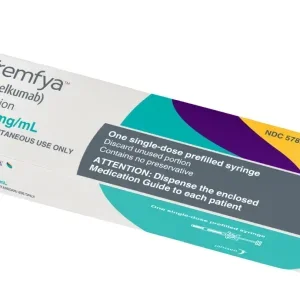Roche has secured the US Food and Drug Administration (FDA) approval for its Tecentriq (atezolizumab) in combination with chemotherapy (Abraxane and carboplatin) to treat lung cancer.
The pharma firm said that its Tecentriq combination with chemotherapy has been approved by the FDA as the first-line treatment of metastatic non-squamous non-small cell lung cancer (NSCLC) in adults, without any EGFR or ALK genomic tumour abnormalities.
Roche chief medical officer and global product development head Levi Garraway said: “We are pleased to offer this Tecentriq-based combination as a new treatment option that can provide a clinically meaningful survival benefit for people with non-squamous non-small cell lung cancer. Today’s approval offers another opportunity to help prolong the lives of people with this type of the disease.”
The IMpower130 clinical study of Tecentriq is base for the US FDA approval
Tecentriq is a monoclonal antibody, used as an immunotherapy for treating cancer. It works by binding with PD-L1, a protein expressed on tumour cells and tumor-infiltrating immune cells, to prevent its interactions with PD-1 and B7.1 receptors, and activate T cells.
The regulatory approval is supported by the results from IMpower130, a Phase III, multicentre, open-label, randomised clinical study. The trial evaluated the efficacy and safety of Tecentriq in combination with chemotherapy compared to chemotherapy alone, in patients with stage IV non-squamous NSCLC.
Roche said that the clinical study demonstrated positive results for Tecentriq-based combination, by enhancing the lives of patients and reducing the risk of disease progression or death compared with chemotherapy alone.
Also, the drug combination has shown consistent safety with the known safety profiles of the individual medicines, and the study reported no new safety signals.
The company claimed that Tecentriq has been approved in the US, EU and countries across the globe for treating several types of lung cancers, metastatic urothelial cancer, and in PD-L1-positive metastatic triple-negative breast cancer.






